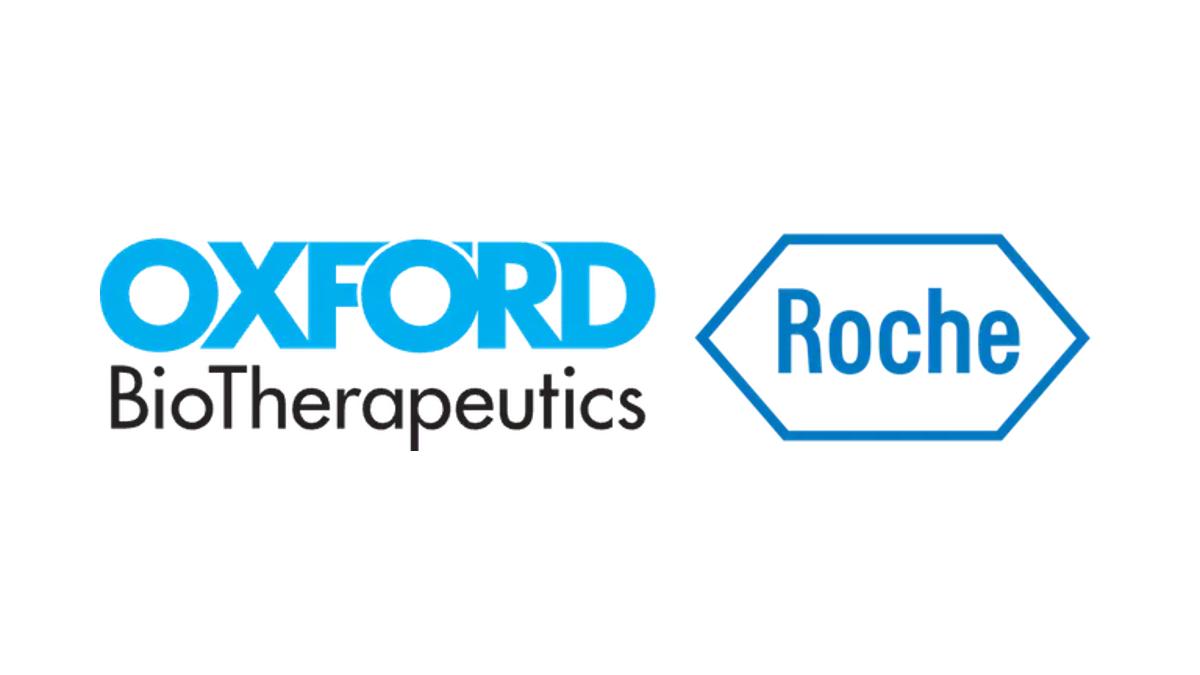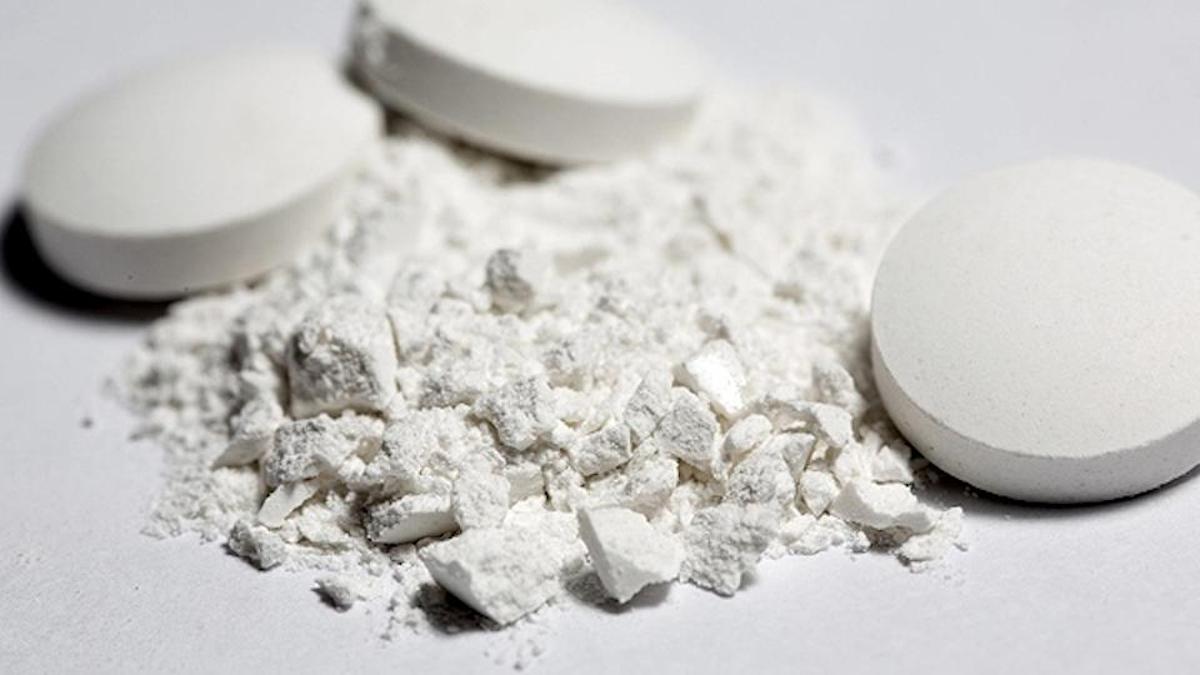Roche taps Oxford BioTherapeutics for cancer drug discovery

Oxford BioTherapeutics (OBT) has lined up another big pharma partner for its drug discovery platform, agreeing to work with Roche on the hunt for new antibody therapeutics for cancer in a deal worth up to $1 billion.
The agreement will make use of the UK biotech's recently launched OGAP-Verify discovery platform, a database of around 7,000 membrane proteins expressed by cancer cells, as well as healthy cells, that is claimed to be far more accurate at identifying drug targets than conventional immunohistochemical (IHC) approaches.
Roche is paying $36 million upfront to make use of the platform in the discovery of "potentially first-in-class antibody-based therapeutics for the treatment of cancer," according to a joint statement from the two companies.
OBT could also be in line for milestone payments potentially exceeding $1 billion, plus product royalties on net sales, if antibodies arising from the collaboration make it to market. According to its pipeline listing, the Roche alliance covers some 12 separate programmes.
The agreement adds to the roster of pharma groups tapping into OBT's platforms, which also features Boehringer Ingelheim, AbbVie/Immunogen, Genmab, Agenus, and ZymeWorks, and is seen as an endorsement of OGAP-Verify as a vehicle for finding new cancer drugs given Roche's long heritage in the development of oncology therapies.
"By combining Roche's expertise in discovering and developing transformative therapeutics with OBT's innovative target discovery platform, we aim to unlock new possibilities in cancer treatment," said Boris Zaïtra, the Swiss pharma group's head of corporate business development.
"This partnership underscores our commitment to advancing potentially first-in-class antibody-based therapeutics," he added. "Together, we aim to accelerate the development of innovative therapies that address major unmet patient needs in oncology."
In January, Boehringer exercised its fourth option on a novel oncology target identified as part of an alliance with OBT that stretches back to 2013 and has generated two clinical-stage T cell engager (TCE) candidates targeting DLL3 and B7-H6, that are in phase 2 and phase 1 trials, respectively.
OBT's in-house pipeline is led by an antibody-drug conjugate (ADC) codenamed OBT076 that is directed at CD205, a cancer-associated antigen, which is being tested in combination with Agenus' PD-1 checkpoint inhibitor balstilimab in a phase 1 trial.












